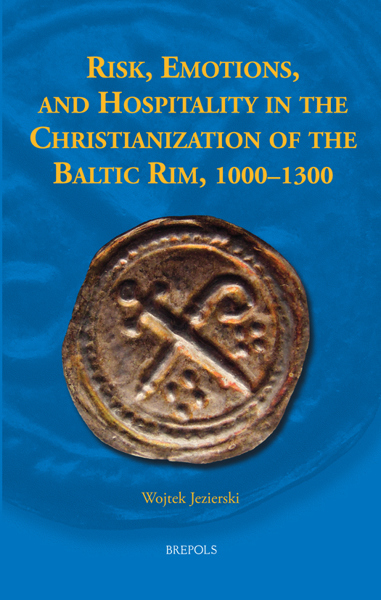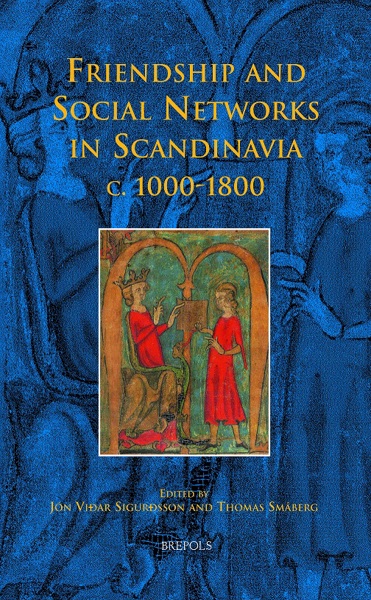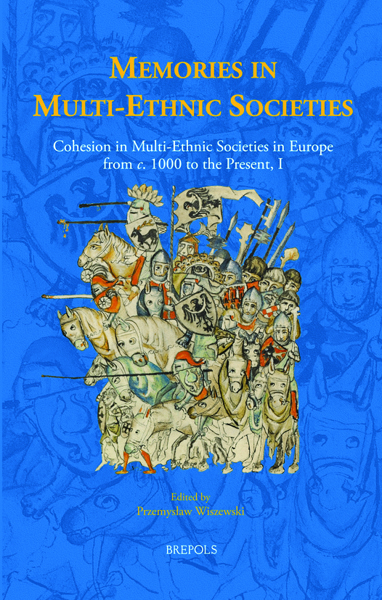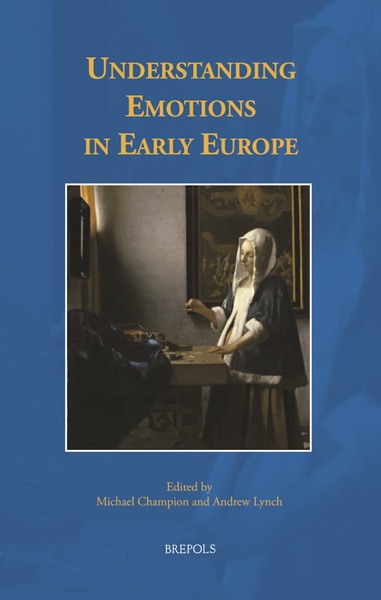
Friendship and Social Networks in Scandinavia, c. 1000-1800
Jón Viðar Sigurðsson, Thomas Småberg (eds)
- Pages: 312 p.
- Size:156 x 234 mm
- Illustrations:3 b/w
- Language(s):English
- Publication Year:2013
- € 95,00 EXCL. VAT RETAIL PRICE
- ISBN: 978-2-503-54248-5
- Hardback
- Available
- € 95,00 EXCL. VAT RETAIL PRICE
- ISBN: 978-2-503-54260-7
- E-book
- Available
This book discusses the impact of various social networks on Scandinavian society from a longue durée perspective, from the Viking Age to the nineteenth century.
“This book is of value for readers interested in the growing field of network studies in medieval Scandinavia and Europe, showing the variety of approaches possible.” (Bjørn Bandlien, in Speculum, 91/3, 2016, p. 846)
Friendship, patron-client relationships, and social networks played a fundamental role in Scandinavian society from the Viking Age through to the Industrial Era. Personal ties were essential to Viking chieftains for building their power base, and such ties were equally crucial for early modern merchants, who used their personal bonds to create trade networks. Furthermore, social networks connected medieval men and women to the saints and to God.
The articles in this book emphasize the strong correlation between political developments such as the emergence of the state and the evolution of friendships and social networks. They also highlight radical changes in the importance and contexts of friendship that occurred between the Viking Age and the late eighteenth century. During this period, friendships became far more than community-based social relationships, but rather tools for the elite in social positioning and wealth acquisition.
This volume highlights the major significance of friendships and patron-client relationships to political and cultural life in medieval, early modern, and modern society. It covers social networks in Iceland, Norway, Denmark, and Sweden, each of which are characterized by different societal features, ranging from the free-state republic of early medieval Iceland to the early modern kingdom of Denmark.
Illustrations
Introduction — Jón Viðar Sigurðsson and Thomas Småberg
Holy Unbreakable Bonds: Oaths and Friendshipin Nordic and Western European Societies, c. 900–1200 — Lars Hermanson
The Changing Role of Friendship in Iceland, c. 900–1300 — Jón Viðar Sigurðsson
The Motif of Friendship in Vernacular Icelandic Hagiography — Joanna A. Skórzewska
Friends or Patrons? Powerful Go‑Betweens in the Norwegian Realm in the High Middle Ages — Randi Bjørshol Wærdahl
The Reception and Adaptation of Courtly Culture in Old Norse Society: Changing Conceptions of Hierarchy and Networks in Two Versions of Tristrams saga — Hans Jacob Orning
Educating the Danes: Anglo-Danish Connections in the Formative Period of the Danish Church, c. 1000–1150 — Mia Münster -Swendsen
Masculinities and Friendship — Nanna Damsholt
The Language of Masculine Friendship: Idealism and Political Realism in a Swedish Fourteenth-Century Rhyming Chronicle — Thomas Småberg
The Friendship of Kings: Friendship and Clientelism around the Kings of Denmark, 1600–1750 — Gunner Lind
Friends, Brokers, and the King: A Norwegian Merchant’s Informal Political Network in Copenhagen in the Early Eighteenth Century — Ola Teige
The Value of Friendship in Trade and Political Networks: An Interactive View of the Late Eighteenth-Century Urban Elite of Christiania — Bård Frydenlund
Friends, Patrons, and Clients in the Middle Ages — Helgi Þorláksson




